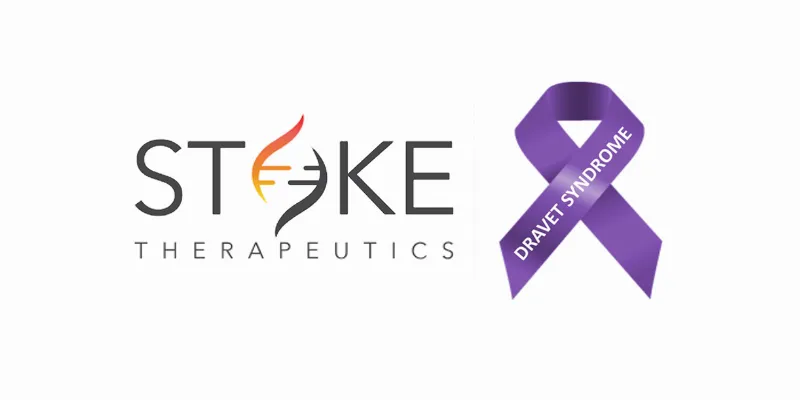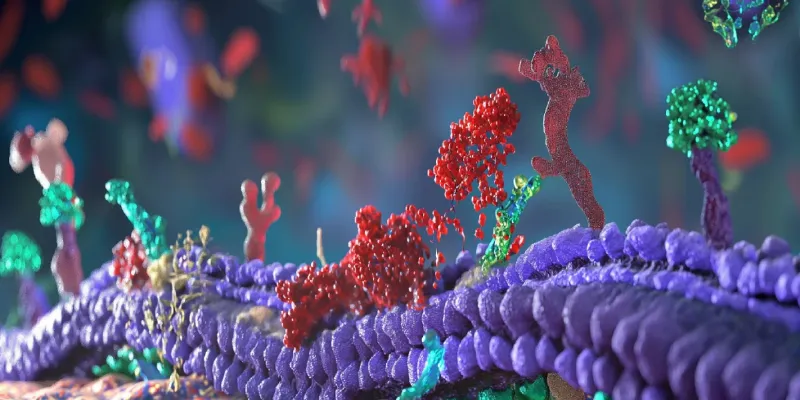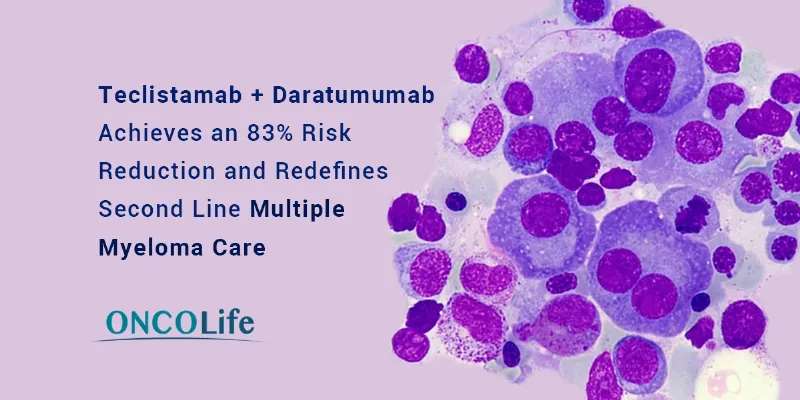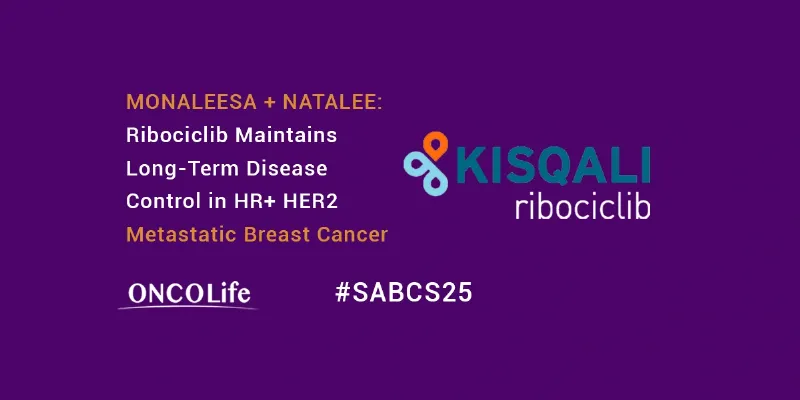Promising Treatment for Dravet Syndrome: Stoke's STK-001 Shows Potential

1 December 2023
Stoke Therapeutics presented promising data on STK-001, a potential game-changer for treating Dravet syndrome, at the AES 2023 Annual Meeting. The drug showed significant benefits in reducing seizures and improving cognition and behavior in patients aged 2 to 18. Higher brain exposure to STK-001 correlated with greater seizure reduction, marking a potential shift in treating this severe epilepsy form.
In a groundbreaking development in the field of pediatric epilepsy, Stoke Therapeutics has presented encouraging data from multiple studies of its experimental drug, STK-001, at the American Epilepsy Society (AES) 2023 Annual Meeting. This RNA-based medicine is being heralded as a potential game-changer for children and adolescents suffering from Dravet syndrome, a severe form of epilepsy.
The studies revealed that STK-001 demonstrates significant clinical benefits for patients aged 2 to 18 years, including reductions in seizures and notable improvements in cognition and behavior. These findings are crucial as they suggest a potential shift in treatment paradigms towards addressing the underlying causes of Dravet syndrome.
Barry Ticho, M.D., Ph.D., Chief Medical Officer of Stoke Therapeutics, highlighted the comprehensive nature of the data, emphasizing the substantial reductions in seizure frequency and improvements in cognition and behavior. He noted the correlation between higher STK-001 brain exposure and reduced seizure frequency.
“The comprehensive set of data being presented at AES are giving us a very good understanding of how STK-001 works and its potential to address not only seizures, but many of the non-seizure effects of Dravet syndrome,” said Ticho.
One of the key takeaways from the research is the correlation between higher brain exposure to STK-001 and greater reductions in seizure frequency. This insight comes from an analysis of 72 patients who participated in the clinical trials. Such data is a ray of hope for many families, as the current treatment options for Dravet syndrome often fall short in managing the disease effectively.
Joseph Sullivan, M.D., FAES, a leading researcher in Dravet syndrome, stressed the multifaceted challenges of the syndrome, including developmental delays and communication difficulties. He pointed out the inadequacy of current treatments in addressing these issues.
“Dravet syndrome goes far beyond seizures, and as children grow up, they experience a complex array of life-altering challenges, including developmental delays, movement and balance issues and delayed language and speech,” said Sullivan.
Dravet syndrome is not just about managing seizures. As children with this condition grow, they face a multitude of life-altering challenges, including developmental delays, movement, balance issues, and language and speech difficulties. The BUTTERFLY natural history study, a part of the data presented, showed that, on average, patients continued to experience convulsive seizures over 24 months at similar frequency to baseline, despite treatment with the best available anti-seizure medicines. This highlights the urgent need for new therapeutic approaches.
Data Highlights from studies:
The company's presentations included data from the BUTTERFLY Natural History Study, the MONARCH & ADMIRAL interim analyses, and the SWALLOWTAIL & LONGWING Open Label Extension studies.
- BUTTERFLY Study: Despite current treatments, patients showed similar seizure frequencies over 24 months and continued developmental lags compared to neurotypical peers.
- MONARCH & ADMIRAL Studies: STK-001, particularly in higher doses, was well-tolerated and led to significant seizure frequency reductions.
- SWALLOWTAIL & LONGWING Studies: Most patients continued treatment in these extension studies, showing tolerability and sustained benefits in seizure reduction and cognitive improvements.
- PK Model Analysis: A direct relationship between STK-001 brain exposure and seizure frequency reduction was established.
About STK-001
STK-001 is an investigational new medicine for the treatment of Dravet syndrome currently being evaluated in ongoing clinical trials. Stoke believes that STK-001, a proprietary antisense oligonucleotide (ASO), has the potential to be the first disease-modifying therapy to address the genetic cause of Dravet syndrome. STK-001 is designed to upregulate NaV1.1 protein expression by leveraging the non-mutant (wild-type) copy of the SCN1A gene to restore physiological NaV1.1 levels, thereby reducing both occurrence of seizures and significant non-seizure comorbidities. STK-001 has been granted orphan drug designation by the FDA and the EMA, and rare pediatric disease designation by the FDA as a potential new treatment for Dravet syndrome.











Comments
No Comments Yet!